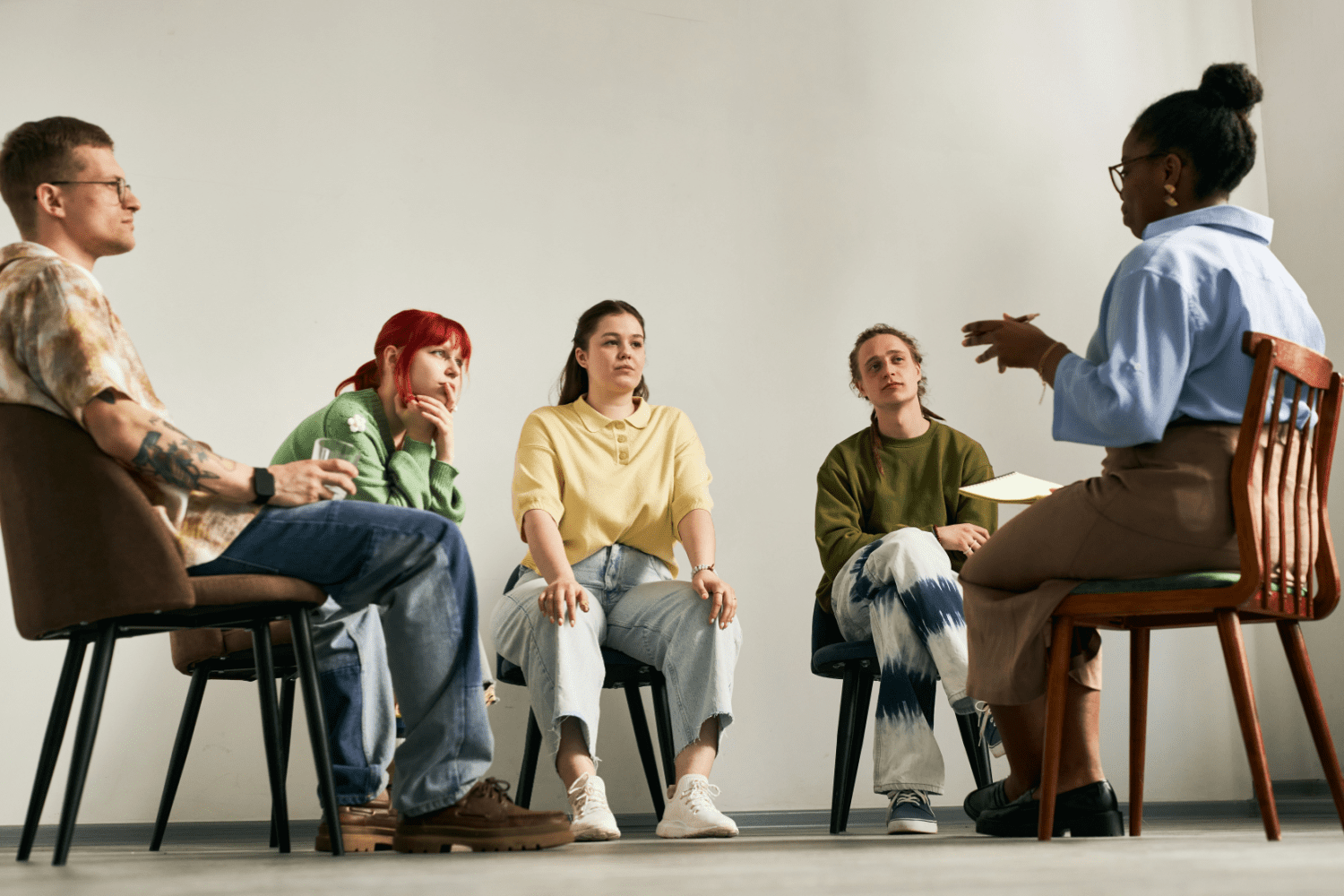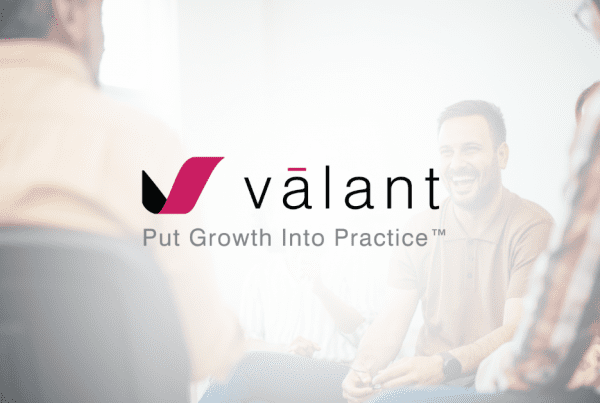Psychoeducational groups are structured therapy sessions designed to educate participants about specific mental health conditions, coping strategies, and life skills. These groups combine elements of traditional therapy with educational components, providing a supportive environment for learning and growth.
What Happens in Psychoeducational Groups
Structure
Typically led by mental health professionals, psychoeducational groups follow a structured format, often including presentations, discussions, and interactive exercises. Sessions usually last 60-90 minutes and can run for several weeks or months.
Types of Groups
- Psychoeducational groups cover various topics, including:
- Anxiety management
- Depression awareness
- Substance abuse recovery
- Stress reduction
- Relationship skills
Typical Activities
Common psychoeducational group activities include:
- Role-playing exercises
- Group discussions
- Skill-building workshops
- Homework assignments
- Educational presentations
Benefits of Psychoeducational Groups
Research has shown that psychoeducational groups can lead to improved mental health outcomes. Benefits include:
- Increased knowledge about mental health conditions
- Enhanced coping skills
- Reduced symptoms of anxiety and depression
- Improved social support networks
- Better medication adherence
A study published in Archives of General Psychiatry (now JAMA Psychiatry) found that group psychoeducation significantly reduced recurrence rates in patients with bipolar I and II disorder.
How to Start a Psychoeducational Group
To start a successful psychoeducational group:
- Identify your target audience and their needs
- Develop a structured curriculum
- Choose an appropriate setting
- Promote your group to potential participants
- Utilize effective group therapy techniques
For more tips on running successful group sessions, check out our guide on how to run a successful group therapy session.
Incorporating psychoeducational groups into your practice can be an effective way to support your clients’ mental health journey. With the right tools and strategies, you can create engaging and impactful group experiences. Learn more about the tools you need for a successful group therapy session to enhance your psychoeducational group offerings.
FAQ – Frequently Asked Questions
What are psychoeducational groups?
Psychoeducational groups are structured therapy sessions designed to educate participants about specific mental health conditions, coping strategies, and life skills. They combine traditional therapy with educational elements in a supportive group setting.
What types of topics are covered in psychoeducational groups?
Common topics in psychoeducational groups include:
- Anxiety management
- Depression awareness
- Substance abuse recovery
- Stress reduction
- Relationship skills
Are psychoeducational groups effective for individuals with specific mental health conditions?
Yes, studies have shown that psychoeducational groups can be particularly effective. For example, a study published in Archives of General Psychiatry (now JAMA Psychiatry) found that group psychoeducation significantly reduced recurrence rates in patients with bipolar I and II disorders.
How can psychoeducational groups improve mental health outcomes?
By increasing participants’ knowledge of their conditions, teaching coping skills, and fostering social support, psychoeducational groups help individuals manage their symptoms more effectively, reducing anxiety, depression, and improving adherence to treatment plans.
What tools and strategies are needed to run a successful psychoeducational group?
To run a successful group, you need a structured curriculum, effective group therapy techniques, and a conducive environment. For more tips, consider reviewing guides on how to run successful group therapy sessions to enhance your psychoeducational group offerings.








